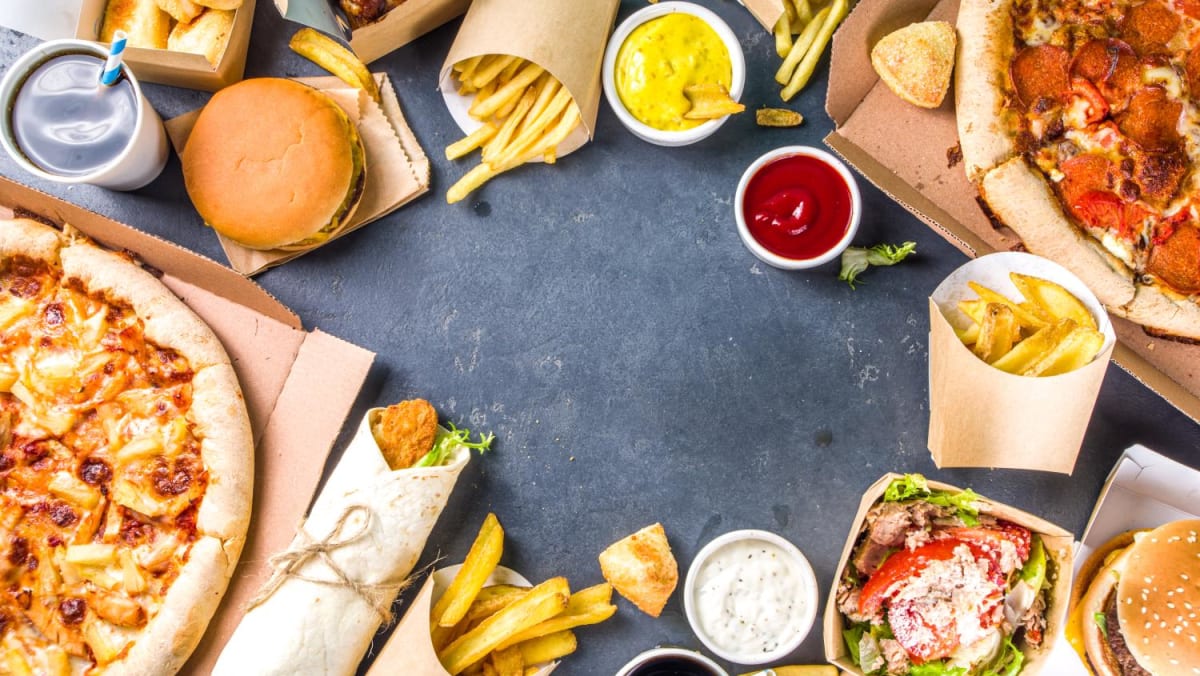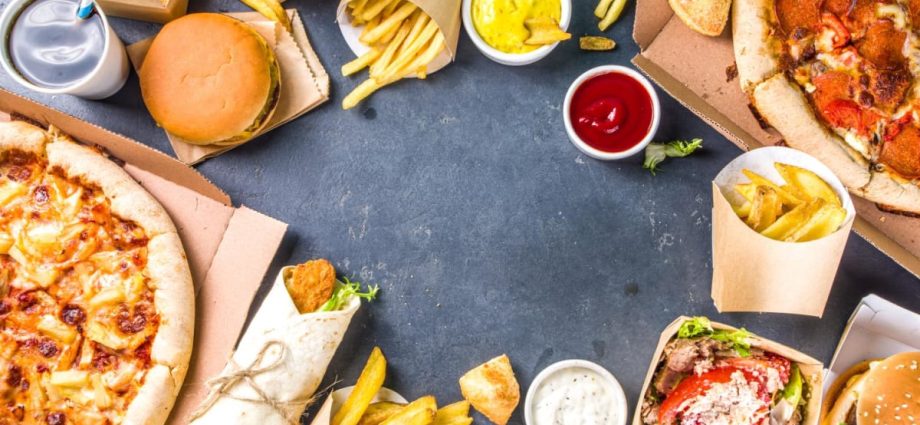
COST-BENEFIT ANALYSIS
Fast-food brands are driven towards green initiatives if these could bring down costs, industry watchers said.
Evidence indicates that the companies’ eco-friendly moves have helped reduce carbon footprint, Dr Michael Schaper, a 2022 visiting fellow at Singapore’s ISEAS-Yusof Ishak Institute, said in a joint response with Mr Jason Gehrke, director of the Franchise Advisory Centre in Brisbane.
“(But) brands are primarily motivated to introduce sustainability initiatives if these can be done at the same or a lower cost than existing practices,” they said.
Dr Schaper and Mr Gehrke noted that initiatives were implemented on a country by country basis, possibly in response to local regulation and community sentiment, as well as operational reasons such as local suppliers and existing packaging inventory.
“Singaporean consumers are increasingly showing a strong interest in sustainable products and services, which is leading many Singapore-based chains to include environmental and sustainability issues in their product mix,” they said.
But with the popularity of food delivery and takeaway in Singapore, it is difficult to reduce the use of plastic and paper bags, said Mr Alphonsus Tan, the assistant programme chair for Republic Polytechnic’s Diploma in Consumer Behaviour and Research.
The amount of packaging that fast-food outlets go through daily also means it is hard to come up with good waste solutions, non-profit organisation Zero Waste SG said.
Switching to sustainable materials also does not make a big difference if the packaging is still discarded, said its executive director Tan Hui Leng.
“In Singapore where all waste is incinerated, throwing away a paper bag is generating a piece of trash as much as throwing away a plastic bag is.
“It may also be useful to consider if the type of material is fit for purpose. If say a paper bag is unable to hold liquid, sauce or oily food, customers request for a plastic bag (to put) the paper bag in, which defeats the aim of cutting waste.”
Similarly, food containers made of recyclable material may not even be recycled as facilities do not accept items contaminated by food, said Ms Tan.

